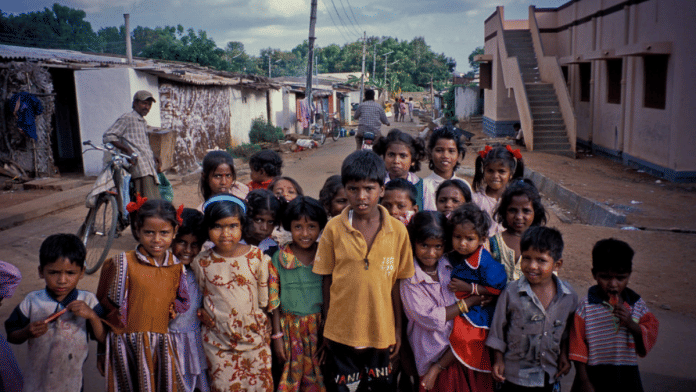Thank you dear subscribers, we are overwhelmed with your response.
Your Turn is a unique section from ThePrint featuring points of view from its subscribers. If you are a subscriber, have a point of view, please send it to us. If not, do subscribe here: https://theprint.in/subscribe/
Defined by Oxford dictionary, an individualistic, is more interested in individual people, than society as a whole. Individuals gain the most happiness, from two key factors; personal satisfaction and family approval. However, an individualist who refuses to do what everyone else is doing, sometimes ushers in innovation, leading to common good of the society. In India, there has been a rise in individualistic culture, due to wealth and urbanization.
Recent events, points towards individualistic culture that is likely to harm society at large, impact social cohesion and calls for societal rebalancing.
During the press conference on 15th October 2024, the Chief Election Commissioner of India, indicated that he was very concerned about urban apathy towards the electoral process. In Gurugram, Haryana, known as the Millenium city for its high-rise buildings and wealth, recorded a voter turnout of 51.81%, while the state average was 67.9%. This poor voter turnout is reflected in all the major metros of India. The apathy towards voting in urban areas reflect a disconnect in the electoral exercise with individual gain. The urban wealthy voter has all the worldly requirement that a fast-moving economy offers and does not require governmental support/program that the poor and middle-class avail of on a regular basis. The affluent voter is divorced from the fact that elected representatives with higher voter numbers would reflect the will of the society for common good.
Shri. Rahul Gandhi, of the Indian National Congress and Leader of Opposition, during an interview at George Town University in United States of America, on 10th September 2024, said that in the recent Parliamentary elections; he does not view it as fair, but a controlled election. Institutions have also been captured by the present ruling dispensation. While these observations in a foreign land does not serve the domestic Indian audience for either individual/party’s gain or common good, but unfortunately, taints the electoral process, which is viewed for its efficiency and robust electoral procedures. In a recent communique, by the Election Commission, it rejected all allegations raised by the Congress party about electronic voting machines (EVMs) in the latest election in Haryana, and asked the Congress not to fan doubts about the electoral outcomes. These assertions do not serve common good of society.
In a recent article in TOI, “What India can do to end science Nobel drought” Shri. V Ramagopal Rao, Vice chancellor for the BITS Pilani group of institutions, proposed five key steps to improve India’s scientific output. One of the steps suggested that Indian scientists should not play it safe and one of the barriers is the lack of a strong culture of risk taking and innovation. In my opinion, it is the deficit of recognizing individual gain, the fall out of which could be a remarkable innovation that may perhaps contribute to the common good of society.
But all is not gloom, in real life. India received US$ 89 Billion inward remittances during the fiscal year 2021-22. Contributions from the workers from The Gulf Cooperation Countries (GCC) countries, mainly consisting of blue collar Indian workers, remitted 28% of the total. The remittances were mainly for education, housing, health care etc. of families. but helped immensely, in bolstering our foreign exchange reserves. While it did serve individual families, but it provided a financial framework for the country.
Recent events have demonstrated that in pursuit of individual gain, long term societal damage is being inflicted. In the quest for the promotion of modernization, a balance is also necessary in order that negative consequences of personal gain are checked, through conscience, cooperation and understanding.
These pieces are being published as they have been received – they have not been edited/fact-checked by ThePrint


